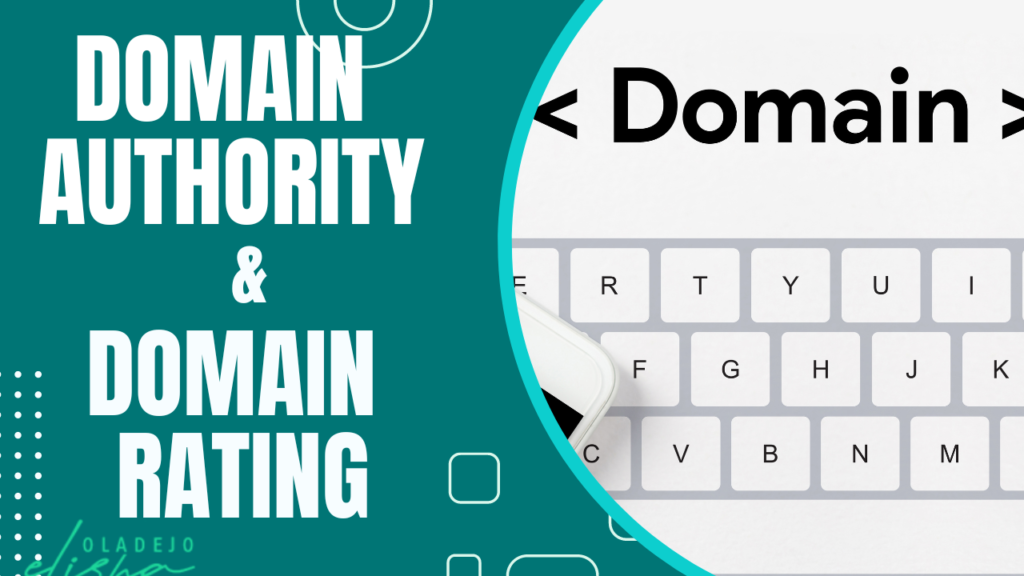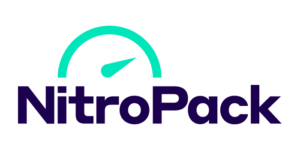Every day, I dive into the murky waters of the SEO ocean, battling monstrous keywords, deciphering cryptic algorithms, and hunting for quality links. You know, the kind that can propel a website from the abyss of search engine result pages (SERPs) to the glittering surface of Google’s page one.
But navigating these waters isn’t just about arming yourself with a keyword harpoon and a net full of high-quality content. There’s a more subtle art at play here.
In the realm of SEO, domain authority and domain rating are like the golden tickets our web pages need to become these stars. “But wait,” I hear you say, “rating vs. domain authority – aren’t they the same thing?”
No, they are not!
Much like a meticulously made cup of coffee versus a quick, store-bought brew, both serve the purpose, but the taste, my friend, is where the real difference lies.
These two metrics, domain authority, and domain rating, are the caffeine shots your website needs to wake up in the morning and compete in the marathon of SERPs.
Just like your grumpy boss (no offense intended to the bosses out there), search engines are picky. They don’t just look at the quantity of links; they’re all about quality links.
So, join me as I delve into the exciting world of SEO. Let’s discover which one matters more – domain authority or domain rating – in this pursuit of prime SERP real estate.
Understanding Domain Authority
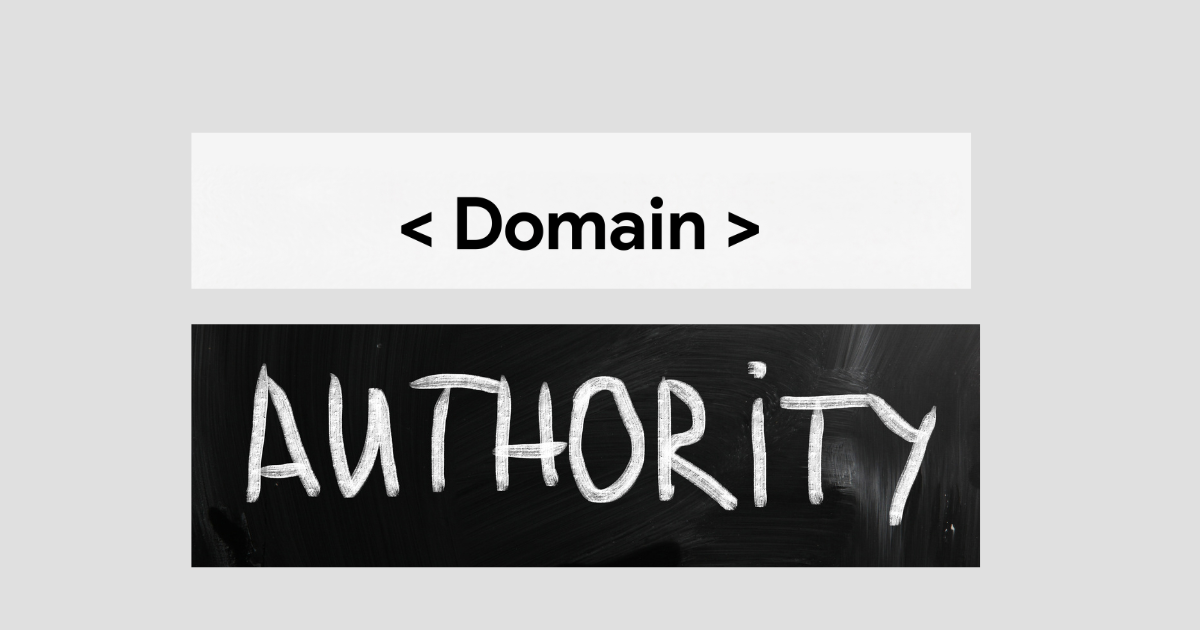
Like an old, sophisticated bottle of wine, websites, too, have a certain allure that search engines find hard to resist.
This is where Domain Authority (DA) comes into play. DA is a metric developed by Moz that indicates how well a website will rank on search engine result pages. It’s a score ranging from 1 to 100, with higher values indicating a greater ability to rank. It’s kind of like your SAT score but for your website.
Now, you may be wondering, “What makes my site the valedictorian of the search engines?” Well, let’s pop the hood and see what’s running this machine
Several factors influence your DA score. These include the age of your domain (or domain age, as we say in the biz), the number of linking root domains, and a few others. Basically, the older your website and the more quality links pointing to it, the higher your Domain Authority tends to be. It’s like your website’s a fine wine, getting better with age and well-connected friends!
Understanding how DA is calculated and its importance in SEO is like learning the steps to a complex dance. It might be challenging at first, but once you get the rhythm, you’ll be waltzing your way to the top of the SERPs in no time.
Understanding Domain Rating
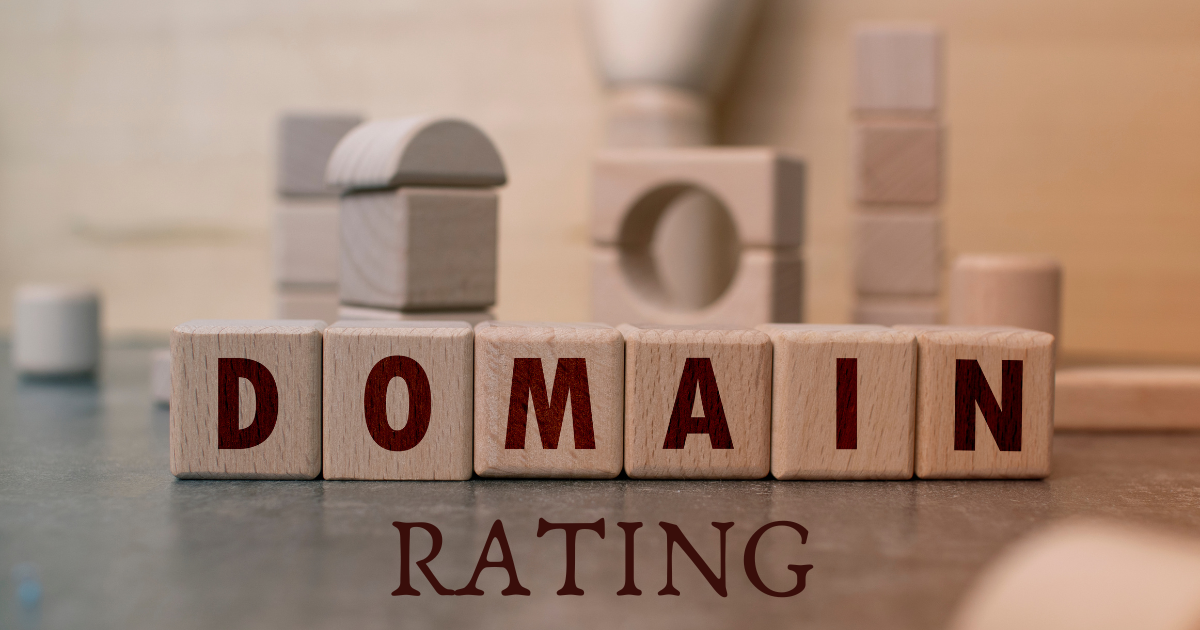
If domain authority is the valedictorian of the search engines, think of domain rating (DR) as the charismatic class president, equally essential and equally loved.
A creation of Ahrefs, DR is a score, again on a scale of 1 to 100, that signifies the strength of a website’s backlink profile. It’s a bit like a popularity contest where the website with the most high-quality votes or, in this case, links, is declared the winner.
Now, before you rush off to bombard your site with links, it’s important to know that not all links are created equal in the eyes of DR.
Higher domain rating is bestowed on websites with links from other high DR sites. In the world of DR, it’s quality over quantity. And don’t forget, diversity counts too. A wide variety of sites linking back to yours is like adding sprinkles on top of an already delicious sundae.
As for calculating this coveted DR score, it’s a bit like baking the perfect chocolate cake. There are a lot of ingredients (or factors), a little bit of magic (or complex algorithms), and a good deal of patience.
The recipe is a well-guarded secret, but what we do know is that higher DR can be a tasty treat for your SEO efforts.
DR is not just a number; it’s a reflection of your site’s strength, influence, and popularity. It’s an affirmation of your hard work and a beacon guiding your SEO journey.
DR vs. DA: Key Differences Between Domain Authority and Domain Rating
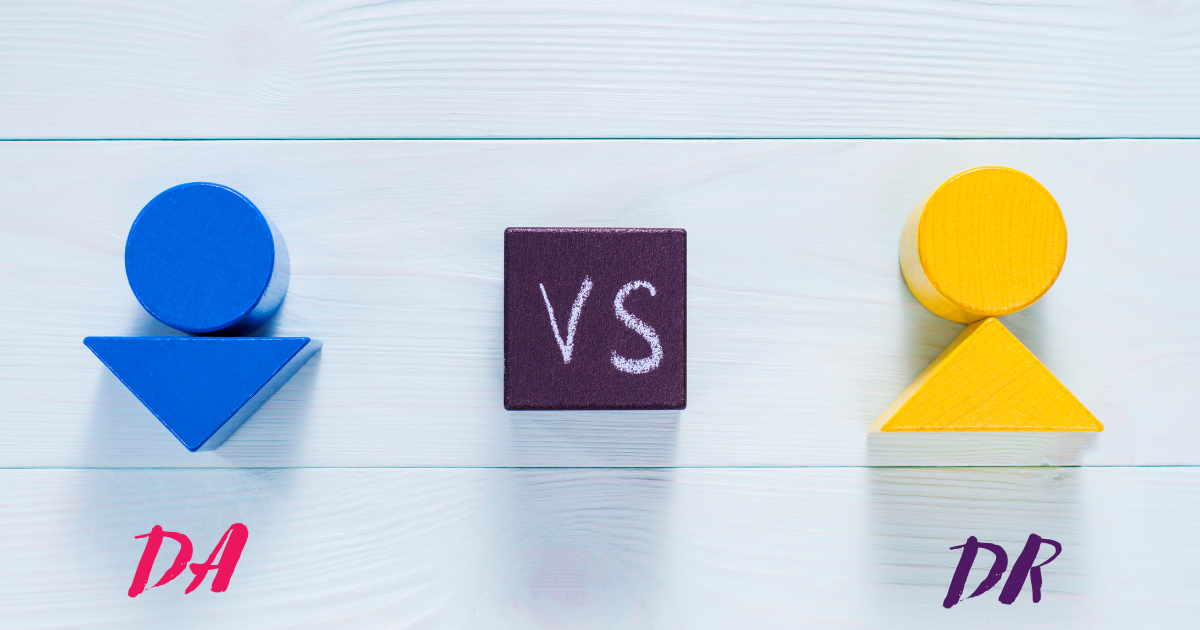
Choosing between DA and DR can feel a bit like standing in front of a fancy coffee machine, trying to figure out if you’re more of an espresso or a latte person.
Well, pour yourself a cup of joe because we’re about to brew up some fresh insight.
Detailed Comparison of Domain Authority and Domain Rating
Domain Authority and Domain Rating may seem similar at first glance – they both measure the perceived value of a website, they’re both scores out of 100, and they both have that appealing ‘authority’ feel to them.
But when you get down to the beans and grounds, DA and DR are a little different.
While DA focuses broadly on many factors, including MozRank, MozTrust, and the quality and quantity of links, DR concentrates on your website’s backlink profile.
It’s a bit like comparing an all-rounder athlete to a specialized gymnast – they both have their strengths and their roles to play.
How Each Metric is Calculated

Another key difference lies in how these tasty metrics are brewed.
The method to calculate domain authority scores involves over 40 signals, including the number of total links, the number of root domains, and the quality of the incoming links.
On the other hand, your website’s Domain Rating is determined by the quality of the websites that are linking back to you, with a higher value placed on links from other high DR sites.
It’s kind of like choosing between a hand drip or a French press for your coffee – both are delicious, but the method can change the flavor profile.
How Moz Calculates Domain Authority
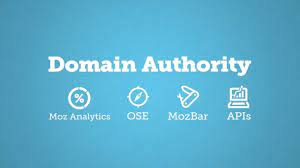
Moz calculating its Domain Authority scores is kind of like your grandma cooking up her secret sauce – she throws in a bit of this and a bit of that, and voila, magic happens.
In the case of Moz’s Domain Authority, it’s a bit of machine learning magic combined with an array of data from your SEO profile. And just like grandma’s sauce, it’s a bit vague on the specifics. The precise recipe is a well-kept secret.
And here’s the kicker – the data points used for the calculations are constantly changing and causing your website’s domain authority score to flutter up and down. It’s like the digital version of a seesaw.
But, amidst all this fluttering and seesawing, there are a few solid rocks. Think of sites like Amazon or Facebook – they’re like the big kids on the playground, setting the pace for the rest of us. Their link profiles are so massive and solid that they’re considered the gold standard in DA calculations.
So, when they bulk up (increase their link profiles), the rest of us feel like we’ve been on a diet because our scores relatively adjust and decrease.
It’s a bit like standing next to a bodybuilder in a gym selfie. Sure, you’ve been working out too, but you’re not quite as buff next to them.
So there you have it, a glimpse into the mystic world of Moz’s domain authority, where data points flutter, scores seesaw, and we’re all trying to keep up with the Amazon and Facebook of the playground. It’s a wild ride, but hey, that’s what makes it fun, right?
How Ahrefs Calculates Domain Rating Score
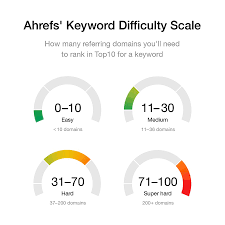
Ah, Ahrefs. It’s like that straight-A student in class who always shows their work – every calculation, every step – just so you know they didn’t cheat.
Their method for calculating Domain Rating (DR) score is like a three-step dance routine. So, put on your dancing shoes, and let’s jive to the beat of the Ahrefs website authority checker.
Step one: Ahrefs hits the dance floor and scans the crowd (or, in this case, the web) for any domains that have at least one dofollow link. Think of it like looking for a dance partner who’s ready to boogie.
Step two: Ahrefs takes a moment to see how popular its chosen partner is by checking out how many other domains they’re linked to. It’s like asking, “So, how many other dance partners have you twirled with tonight?”
Step three: The checker calculates the ‘link juice,’ which sounds like a fancy cocktail but is actually the DR score of the linking domain divided by the number of unique domains it’s linked to.
It’s kind of like asking, “How much energy do you still have for this dance?”
And here’s the fun part – only the first dance (or link) from a domain boosts your website’s DR score.
But the link juice, or the groove in their moves, can change depending on how many other dance partners that domain has over time. It’s like the difference between a dance partner who’s fresh on the floor or one who’s been twirling all night long.
So, there you have it – a dance through Ahref’s link-building strategy that boosts your website’s link popularity.
Remember, it’s not just about who you dance with but how good they are on the dance floor. Now, let’s keep the rhythm going and dance our way to higher DR scores, shall we?
Different Aspects Each Metric Evaluates

Finally, while both DA and DR are not direct ranking factors in Google searches, they each offer unique insights into your website’s performance.
Domain authority is like a weather vane, showing you how you’re performing overall in the stormy world of search engines. It takes into consideration both the quantity and the quality of links pointing to your website.
On the other hand, domain rating is a barometer for your website’s backlink profile, measuring the strength and quality of your links.
Remember, like choosing your perfect cup of coffee, the choice between DA and DR isn’t about which is ‘better’ – it’s about which one serves your needs effectively.
Or, if you’re anything like me, you might say, “Why not both?” and brew up a perfect SEO blend.
Which Matters More?

Peering at the DA and DR scores might feel like staring at the night sky and trying to decide which star shines the brightest. Well, let’s embark on a cosmic exploration.
Importance of DA and DR in Different Contexts
The importance of a high DA score or a robust Domain Ranking often varies depending on the context.
Domain authority, calculated based on many factors, can serve as a broad health check of your site. It’s a little like getting a full-body checkup – it gives you an overall sense of well-being and areas where you might need to improve.
On the other hand, domain rating is akin to a specialist doctor focusing on your heart health. It zeroes in on the quality of your website’s backlinks, the heart pumping life into your site’s visibility on search engines.
If you’re focusing on building high-quality links, keeping an eye on your DR could prove beneficial.
When DA Might Be More Crucial (and Vice Versa)

If you’re making your debut in the online arena, you might want to give a tad more attention to your domain authority score.
Having a broad understanding of how search engines perceive your website can guide your initial SEO strategy. It’s like getting your footing when you first step onto a dance floor.
However, if you’re an established site looking to strengthen your backlink profile or aiming to attract high-quality links, domain authority might take the spotlight. Think of it as focusing on the fancy footwork once you’ve mastered the basic dance moves.
Balancing Domain Authority and Domain Rating

Does this mean we’re declaring a winner in the Domain rating vs. Domain authority battle? Far from it!
In fact, just as you wouldn’t disregard your heart health while getting a full-body checkup, maintaining a balance between your DA and DR can lead to a harmonious SEO performance.
Understanding how Domain authority is calculated, keeping an eye on your page authority, and watching your backlink profile can all work together like a beautifully choreographed dance.
The key isn’t in choosing between a high DA score or a stellar DR but in understanding how they both contribute to your site’s performance.
Practical Tips for Improving DA and DR

Like a seasoned fitness coach, I’m here to provide you with a workout plan to buff up your domain authority and domain rating scores. Ready to flex your SEO muscles? Let’s dive into the regimen.
My Recommendations for Improving DA and DR
First, think of improving your DA and DR like a dual-track workout: cardio for DA and strength training for DR.
Cardio exercises, like producing high-quality content regularly and optimizing that content for SEO, can boost your DA. This keeps the heart of your website (your content) healthy, encouraging search engines and users to visit more often.
For the strength-training part, focus on improving your website’s backlink profile to boost your domain rating score. This means you’re in the gym, working on attracting high-quality, relevant links from well-respected websites.
Effective SEO Strategies to Enhance These Metrics

Next, let’s think of SEO strategies as your workout routine.
For your DA workout, consider diversifying your linking domains. Having a variety of healthy, different domains linking to your website is like adding different exercises to your cardio routine – it keeps things fresh and effective.
To power up your DR, remember that inbound and outbound links are like your weights and machines. Ensure you’re linking to high-authority sites, and strive to earn inbound links from these sites as well. Not all links are created equal, so aim for those high-quality, heavy-weight links.
The Role of Quality Backlinks, Content Optimization, and Other SEO Tactics

You might be asking, “But how do I attract these high-quality backlinks and optimize my content?”
Think of these as your diet plan to accompany your workout. Eating a balanced diet (creating diverse and engaging content) and taking the right supplements (using proper keywords, meta tags, etc.) can boost your performance.
Attracting quality backlinks is all about being a valuable resource. If your content is high-quality and relevant, other sites will want to link to it. It’s like being the person everyone wants on their team because you always bring your A-game.
Remember, improving your DA, and DR is not a sprint; it’s a marathon. It takes time, effort, and a lot of perseverance. But with a consistent workout regimen and the right diet, you can increase your high domain authority score, improve your domain rating score, and enjoy the benefits of increased organic traffic.
Final Thoughts

And there we have it, folks! A quick dance through the digital world of Domain Authority and Domain Rating. It’s been quite the journey, hasn’t it?
We’ve defined and demystified, compared and contrasted, and even went elbow-deep in the secret sauce of Moz’s DA and the open-book exam of Ahrefs’ DR.
You see, SEO isn’t just a game for the tech geek. It’s for all of us, from the newbie blogger to the seasoned SEO experts. It’s about understanding that DA and DR aren’t just flashy acronyms but crucial components of a rock-solid SEO strategy.
It’s like being in the digital version of a high school popularity contest – except in this one, you’re aiming for authoritative websites and search engines to like you.
The higher your DA and DR, the cooler you are in the eyes of search engines, and the better your chances of climbing up those ranks.
So, arm yourself with your newfound knowledge and some trusty SEO tools, and get ready to step into the ring. And remember, it’s not just about gauging where you stand today.
SEO is a marathon, not a sprint, so be sure to keep a close eye on how your website’s DA and DR are faring compared to other websites over time.
So go on, show the digital world what you’ve got. Because when it comes to SEO, every bit of understanding and improvement can make a monumental difference.
And remember, as you stride forward in your SEO journey, keep it fun, keep it fresh, and above all, keep learning.
Until next time, happy optimizing!
FAQs
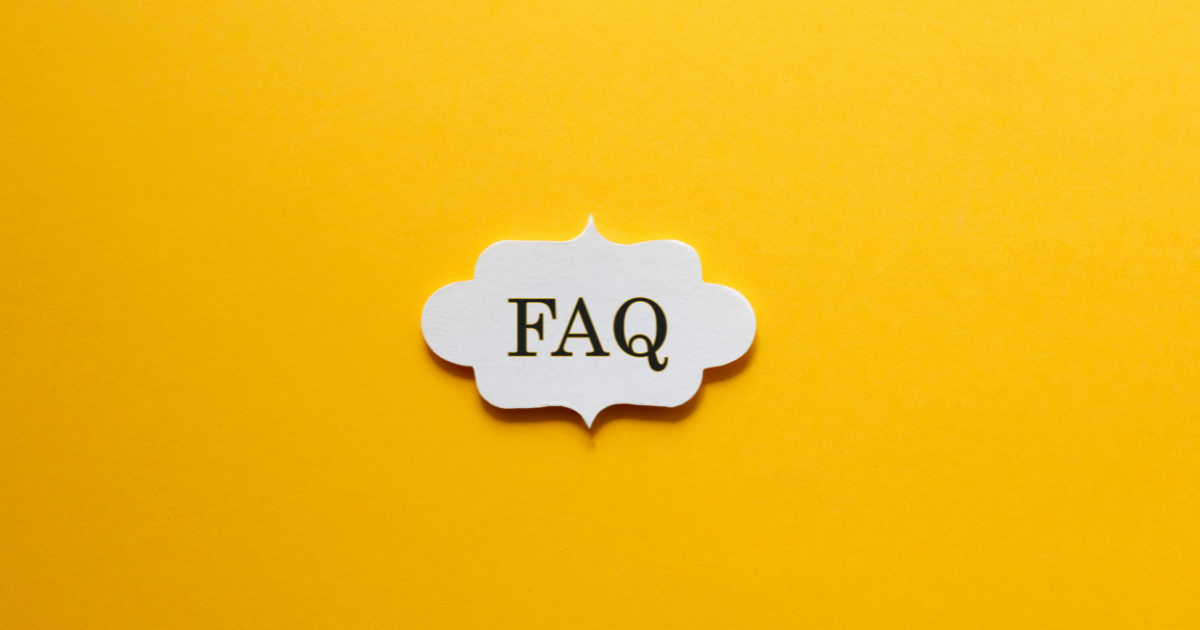
Q: What’s the maximum score for Domain Authority and Domain Rating?
A: Both Domain Authority and Domain Rating operate on a scale from 1 to 100. The higher the number, the greater the perceived authority or rating of the domain.
Q: How often do DA and DR scores update?
A: Moz updates its Domain Authority scores about once per month, while Ahrefs updates its Domain Rating daily.
Q: My website’s DA/DR dropped. What does that mean?
A: A drop in DA or DR can signal lost backlinks, a penalty from search engines, or changes in the algorithms used to calculate these scores. It’s essential to identify the cause and take appropriate measures.
Q: How can I check my website’s DA and DR?
A: You can check your DA with Moz’s Link Explorer and your DR with Ahref’s Site Explorer. Both require you to have an account with the respective platform.
Q: Are DA and DR used by Google in its ranking algorithms?
A: No, both DA and DR are third-party metrics developed by Moz and Ahrefs, respectively. Google has stated that it does not use these metrics in its ranking algorithms.
Q: How do I maintain a high DA and DR score?
A: Consistently publish high-quality content, earn quality backlinks, eliminate bad links, and apply good SEO practices. Regular audits can help maintain or improve your scores.
Q: Can a new website have a high DA/DR score?
A: Generally, new websites start with a low DA/DR score. Building a high-quality backlink profile and regularly publishing relevant, valuable content can increase these scores over time.
Q: What is a good DA/DR score?
A: While a score of 100 is the best, a good DA/DR score is relative and depends on your industry, competition, and the size of your website. Generally, a score above 50 is considered good.
Q: What is the difference between DR and UR?
A: Domain Rating (DR) and URL Rating (UR) are both important metrics provided by Ahrefs, but they measure different aspects of a website’s performance.
Domain Rating reflects the strength of a website’s overall backlink profile. It’s calculated on a logarithmic scale from 0 to 100, with the higher score indicating a stronger backlink profile.
DR takes into account both the quantity and quality of the backlinks pointing to a given website.
On the other hand, URL Rating reflects the strength of a specific page’s backlink profile. Like DR, it ranges from 0 to 100 and considers the number and quality of backlinks.
However, UR is page-specific – it measures the backlink power of a single URL rather than an entire domain.
Q: What does PA mean in SEO?
A: PA in SEO stands for Page Authority. It’s a metric also developed by Moz that indicates how well a specific page will rank on search engine result pages (SERPs).
Page Authority is calculated on a logarithmic scale from 1 to 100, with higher scores corresponding to a greater ability to rank. It takes into consideration various factors, including the number of links pointing to the page and the quality of those links.
However, it’s important to note that, like Domain Authority, Page Authority is a relative metric. That means it’s more useful when comparing the scores of different pages rather than viewing it in isolation.


